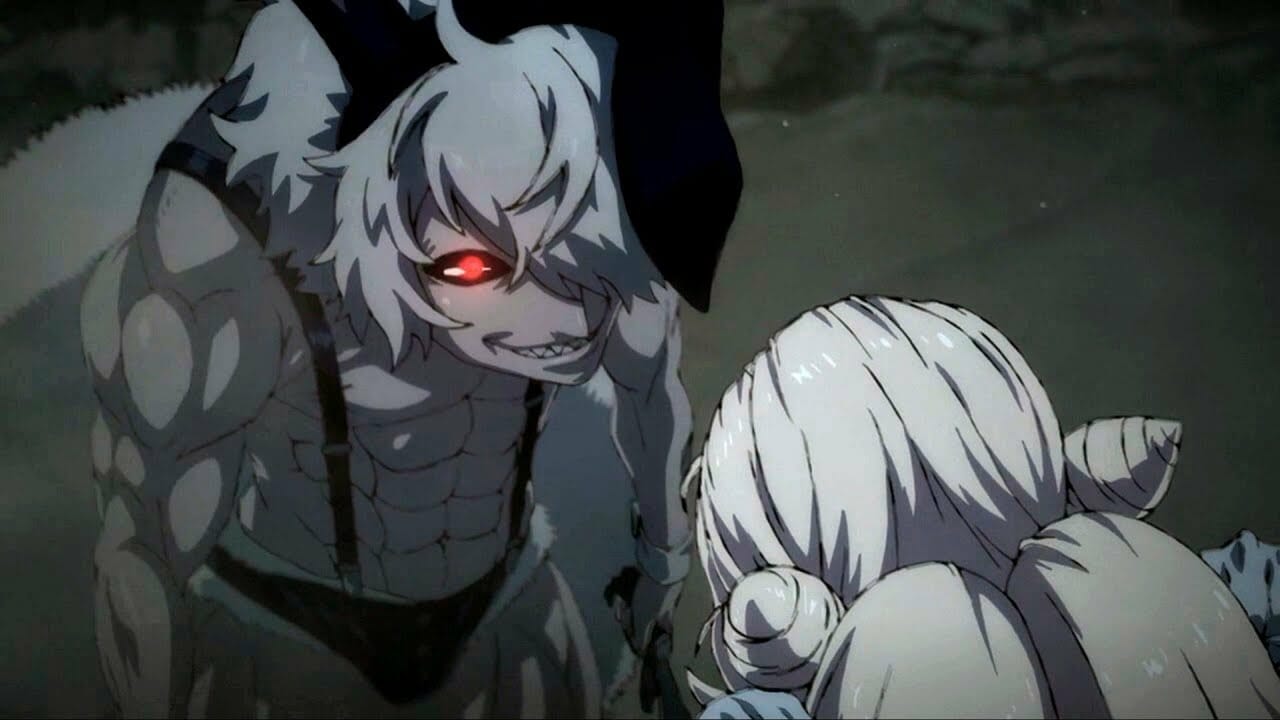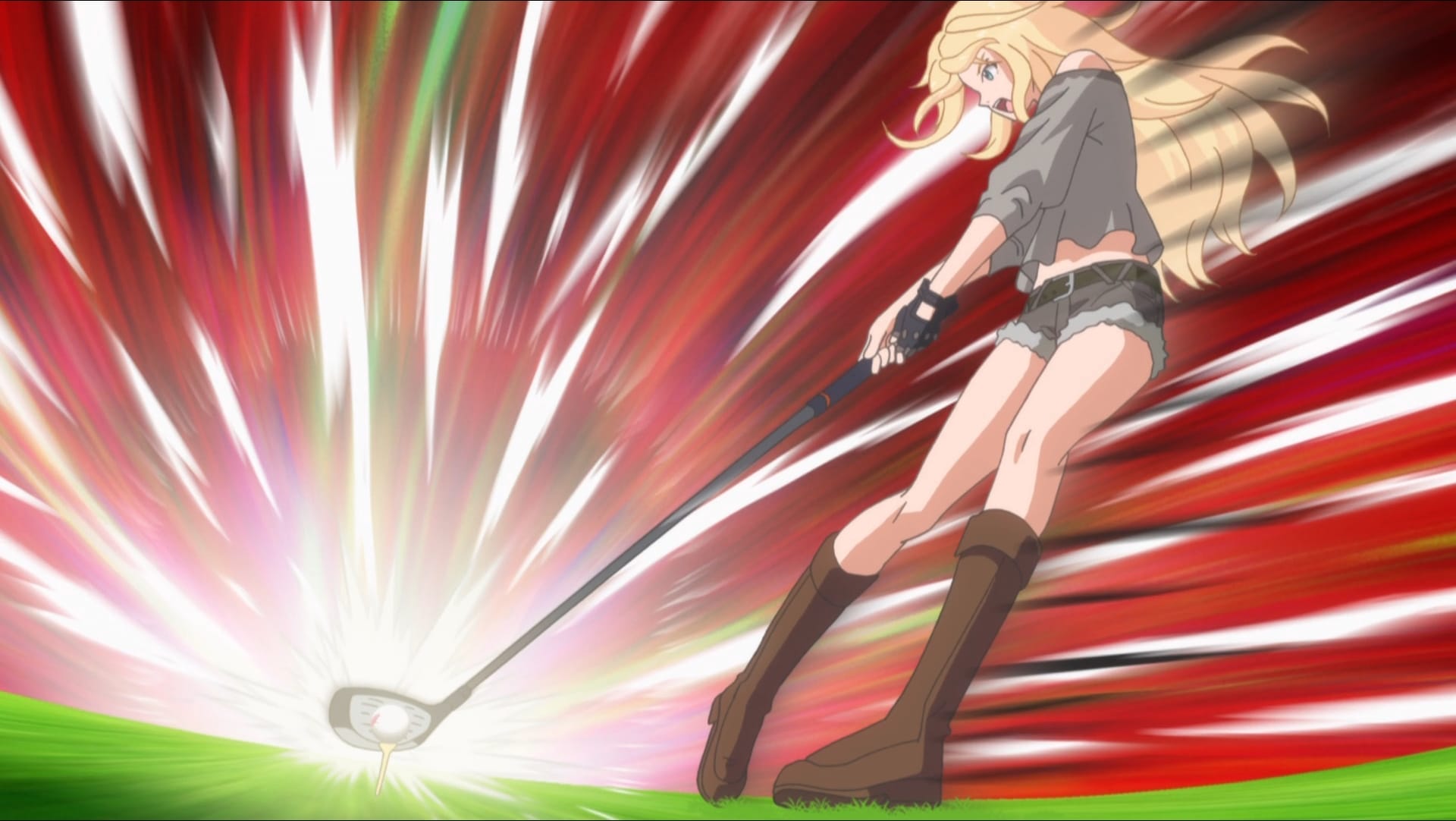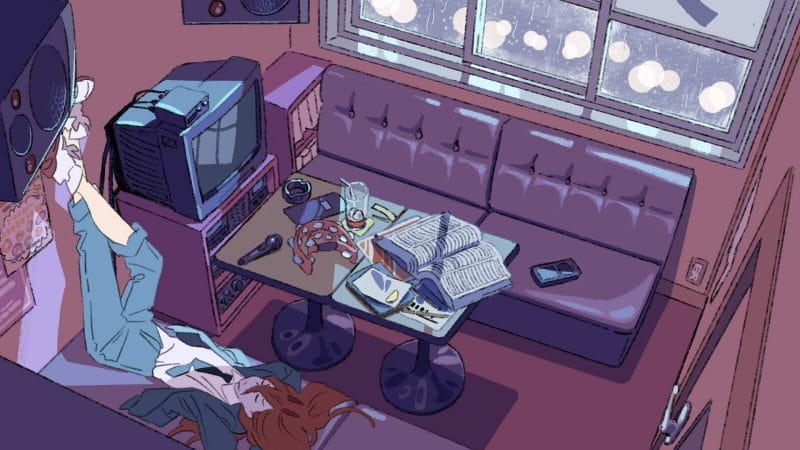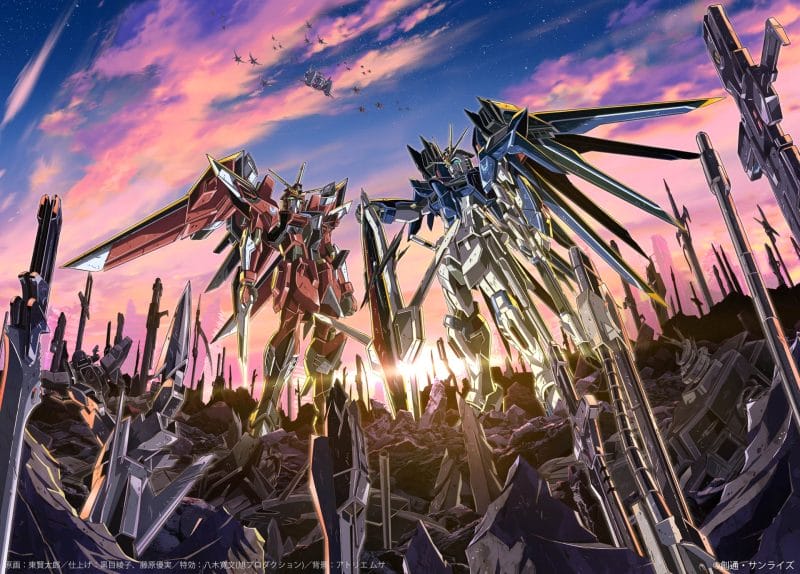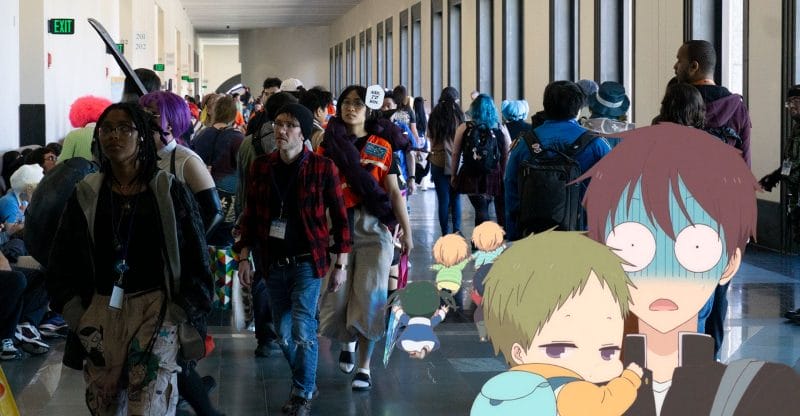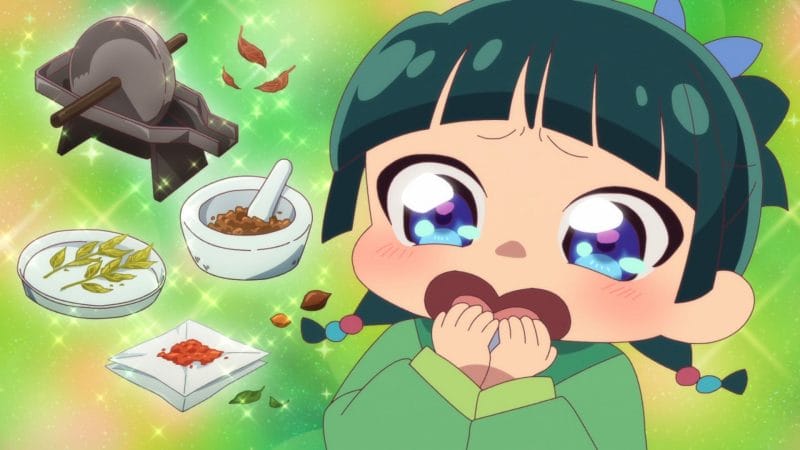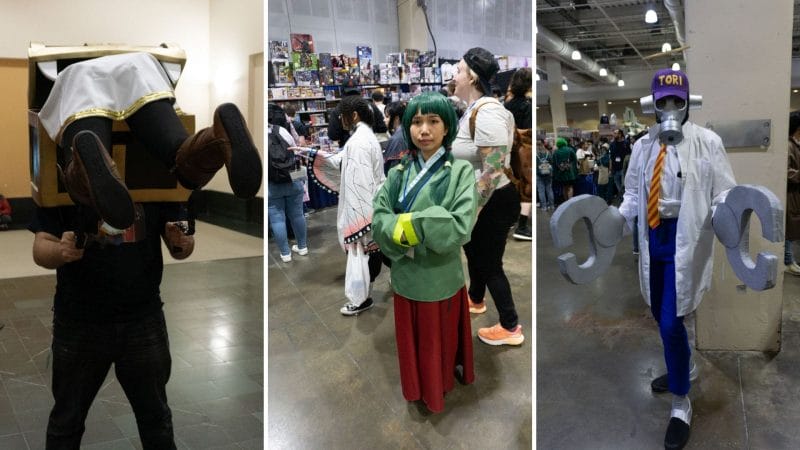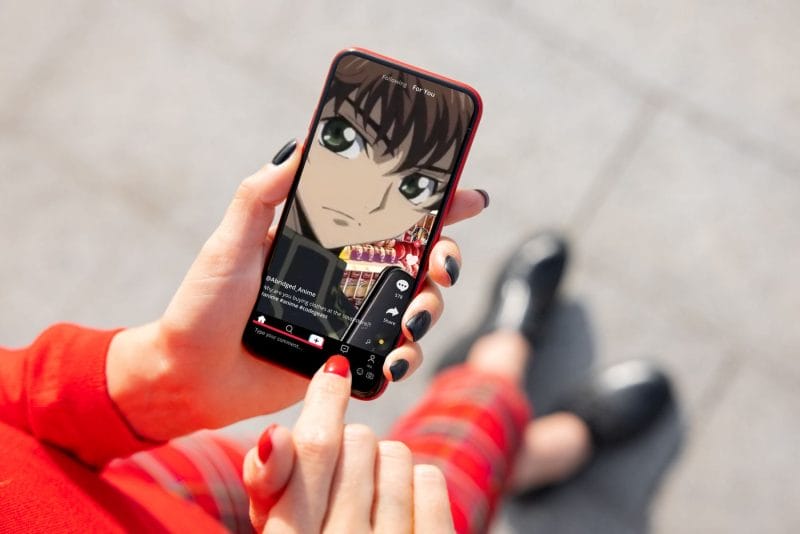Over the course of his career, author NISIOISIN has earned a reputation for marrying genre tropes with exploration of heady philosophical themes. In Bakemonogatari, for example, he used a vampire story to deliver a commentary on escapism. Medaka Box, meanwhile, shined a light on Japan’s oppressive academic landscape via a shonen battle series. This came to a head in 2015, when Nisio brought his genre-bending style to Juni Taisen: Zodiac War, which used a battle royale competition to peer into the merciless machinations of war.
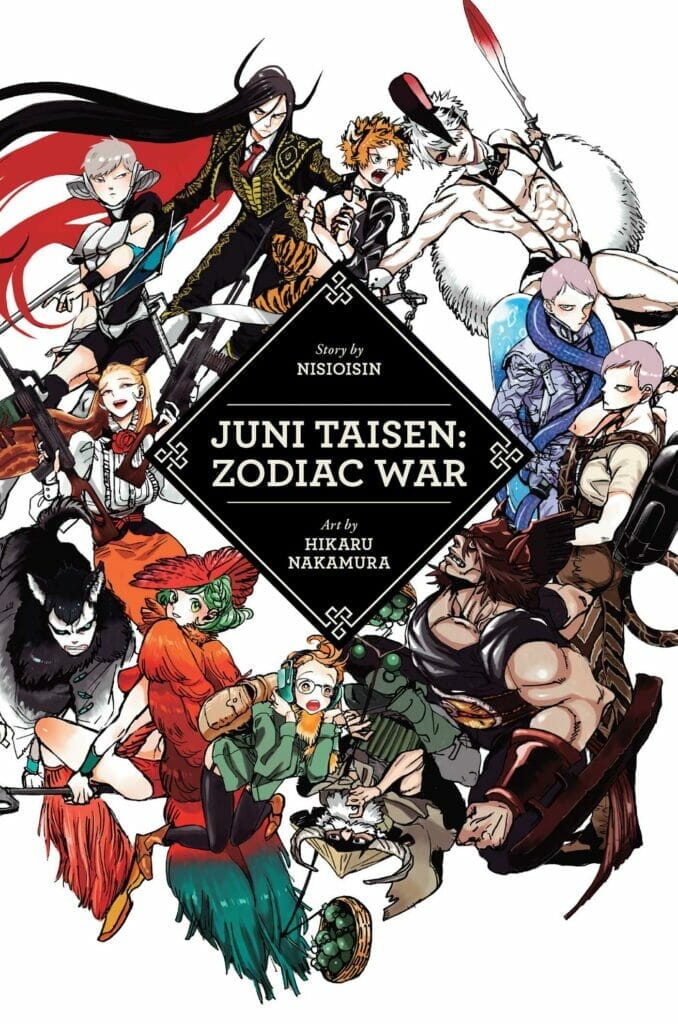
Juni Taisen tells the tale of a mysterious conflict known as the Zodiac War. This brutal conflict sees twelve carefully-chosen combatants meet on the field of combat every twelve years, all of whom represent a different animal within the Chinese zodiac. To be selected for the Zodiac War is seen as an honor and privilege, as it grants the chosen a venue to showcase their skills and prowess. One by one, they must confront each other within the confines of an abandoned city, as a poison courses through their bloodstreams and imposes an artificial timer on the proceedings. The ultimate prize is a single wish, but there can be only one victor in this game of death.
Only one survivor.
Unlike its contemporaries, Juni Taisen’s death battle has no ingénues, no good guys, and no innocents caught in the middle. Each combatant is exceptional, possessed of some uncanny ability that provides them with an advantage over their opponents. Rooster, for example, has the ability to control and manipulate birds, while Sheep is a hardened veteran and winner of a previous Zodiac War. One by one, these warriors have resigned themselves to battle, save Monkey – whose idealism sees her life cut tragically short. Many of the combatants were born into or adopted from military or mercenary families and their entire lives revolved around combat. It is impossible for any of them to justify their actions as self-defense, or to try and argue their circumstances.
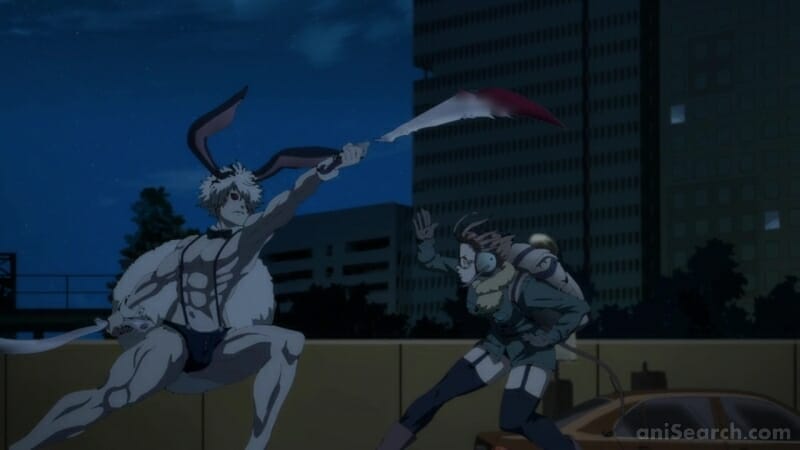
It’s through this lens that Nisio presents a grim reality: soldiers who march into war do not have excuses for their actions. They have explanations, justifications even, but the lives they take are not excused by saying one is “just following orders.” It’s a radical reframing of 21st century military-centric or military-positive media, from Transformers to Iron Man to Zero Dark Thirty, which often frames combatants as the proponents of a just and righteous war. The American military,in particular, has dictated much of how it is presented in television, movies, and video games. as heroes who are overcoming an unfathomable and unrepentant evil, in essence utilizing the media as its propaganda arm.
Here in the Zodiac War, there are no heroes or villains. If there are victims here there are only victims of circumstance, much like lower and middle-class teenagers who find themselves caught up in the military machine. It’s to the point where American high schools with JROTC (Junior Reserve Officer Training Corps) programs had 10% more students eligible for free or reduced lunch than non JROTC-schools, a quiet indicator as to who they’re targeted at. The US Army’s Recruiting Command touts itself as an organization that seeks to compete for “quality talents who are motivated, resilient, and fit to win, because winning matters.” There is an illusion in this statement that Juni Taisen lays bare, stripping away the pomp and glamor to reveal that to be at war is to be complicit in death, reduced to another soldier on the battlefield killing or being killed.
Rather than dwelling on the brutality, however, Nisio focuses on the larger picture: the very nature of war itself, and what it suggests about both the world of Juni Taisen and the world we inhabit. The organization that runs the Zodiac War is able to evacuate an entire city and create a specifically crystallised poison that will only be fully dispersed into the combatant’s bodies in twenty-four hours. They run this operation with the backing of governments and corporations – organizations that should be condemning such a violent spectacle but instead actively celebrate it.
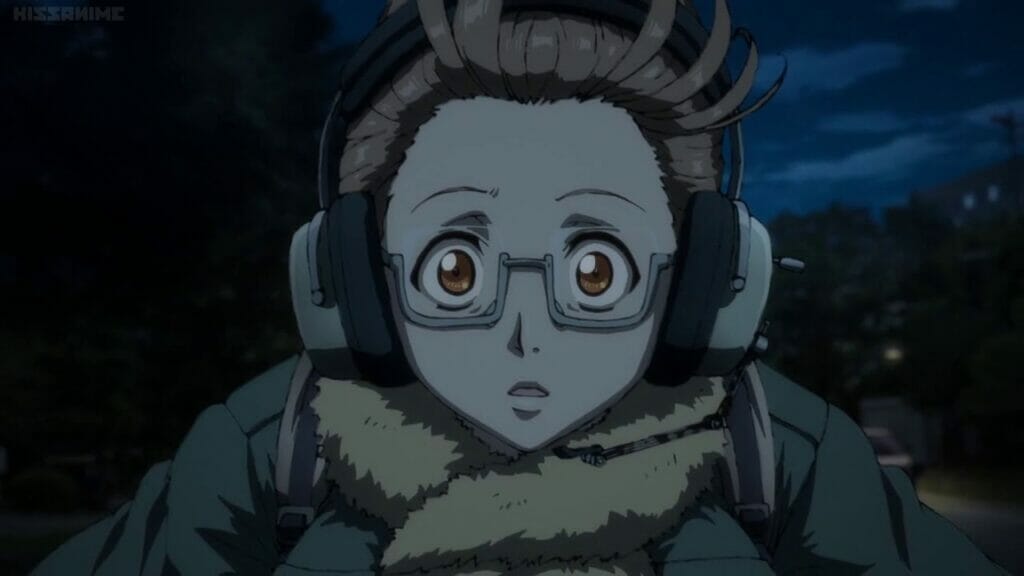
Sadly, the Zodiac War hasn’t stopped other conflicts from happening. Wars are still fought, with the combatants who take part in the Zodiac War being veterans of other battlefields, hardened mercenaries that number among the best of the best. Monkey and Ox are both renowned in their fields, one for attempting to put conflicts to rest with her words, the other with his sword.
The other competitors are no slouches in this department, either. Like Monkey and Ox, each carved a niche out for themselves in the theaters of war. Still, none of the twelve selected for the Zodiac War understand that they are ultimately pawns, little more than entertainment for the powers that be. Their very struggle is a pointed shot by NISIOISIN at the corporate and political entities that have always pushed for bloodshed and “liberation.” In a similar framing as the 2021 thriller Squid Game, the curtain is pulled back to reveal the wealthy and powerful elite betting on the war’s proceedings. Between skirmishes and bouts, we hear the commentary of this unseen audience discussing tactics, combatant’s battle records and betting odds. few are even gleeful at the idea of the carnage about to occur. There are echoes of Roman Colosseum culture in their bloodlust – a barbaric desire for carnage and death all the more frightening because it is attached to the 1% who hold the fate of the rest of that world in their hands. By framing the Zodiac War as both a competition and as a farce held to entertain the elites, Nisioisin pulls the curtain back on warfare in our reality.
From the American Revolution, to the “War on Terror”, to the territorial disputes in the South China Sea, war is never entirely about ideology. It is about power and control of resources, often motivated by greed and a lust for resources, that the rank and file will never see or benefit from. It is perhaps best exemplified over oil, that which is so often called liquid gold – an ever dwindling resources that has caused no end of grief in the Middle East.
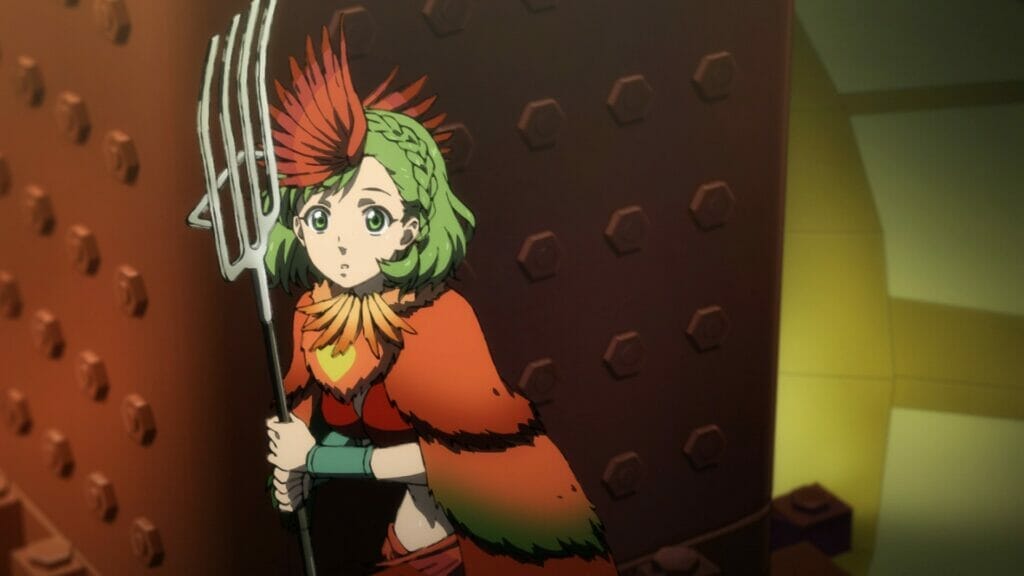
This is why Nisioisin’s choice to create a conflict based around the cyclical aspects of the Zodiac showcases the ultimate futility of war – at least, for those who must fight in it. On the surface, the choice appears to be little more than an aesthetic, a pretense for different power sets and character designs. The series revels in its subversion of expected personalities, such as the cowardly Rooster, the traitorous Dog, or even the refined-looking Ox, creating what initially appear to be nothing more than a colorful cast of violent maniacs.
However, beneath the surface of this battle royale lies a cage which all combatants are trapped in. Each soldier is required to ingest a poison that is lethal within 24 hours of consumption. This forces them to fight for their very right to live, or to die in slow agony. Despite their ostentation and power, each is trapped in the order of their forebears of the Zodiac Race, falling in the order that tradition dictates. Each chapter brings us into the mind of each of our competitors, revealing to us their hopes and wishes, however banal or aspirational they may be. Michio the Dog fights to protect an orphanage under his care. Misaki the Monkey wishes to bring an end to all war. Rabbit, one of the fiercest and most terrifying combatants, wishes to make all of the world his friends. But no matter who they are or where they come from, to everyone else they serve only as an obstacle to survival. Kill or be killed
Of course, it would be remiss not to discuss Nezumi, the representative of the Rat and the eventual winner of the war. Among a colorful and superpowered cast of strongmen, alchemists, and necromancers, he alone wields the power to change fate. Specifically, he can live through and experience one hundred paths and choose which one will become reality, a devastatingly powerful ability with a horrific cost. He must experience each in turn before he chooses his way forward, leaving him with a hundred lifetimes worth of trauma for every major decision in his lifetime. It is in his lethargy, his lack of engagement with reality, his jaded outlook on the world around him that expresses the truest essence of the soldier home from the war. Though technically triumphant, Nezumi holds no happiness at his victory – only a resignation that he has survived.
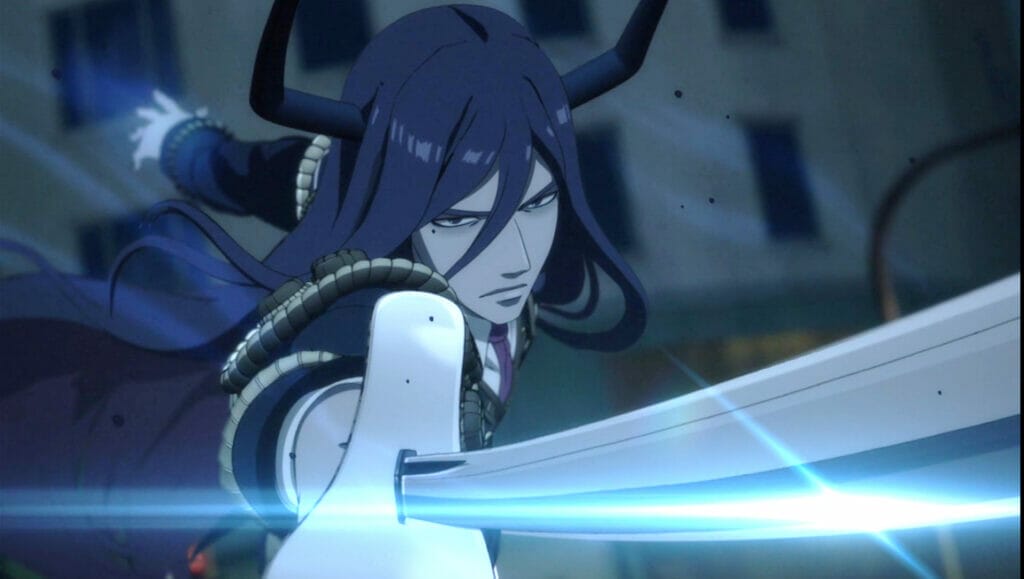
But what does he have to look forward to? As it turns out, not much. After a hundred paths worth of deliberation, he uses his wish to forget the war and his role in it. The bets are tallied, and the observers gain and lose whatever money or land they have bet upon the outcome. Life goes on, same as it ever has.
The American military claims that they are looking for winners, and war has many winners. The public officials who hedged their campaigns on military success. The corporations that reap the benefits of war torn land and resources at dirt-cheap prices. The arms dealers who profit off the sale of death. But the soldiers aren’t winners. They must live with the knowledge of who they have become, of the lives they have taken to be able to return home, with as many as 500,000 American soldiers in the Iraqi-Afghan war alone diagnosed with post-traumatic stress disorder by 2015. Otherwise, they die perpetuating violence or having fallen victim to it, with estimates saying the total number of people of who have died during war estimated at anywhere from 108 million to one billion people in the span of human history.
As Nezumi uses his wish to forget the war had ever occurred, so too do many soldiers lean on increasingly drastic measures to forget what they have endured. The world Nisioisin shows us is frightening because it is true. The ones who perpetuate war get rich or snidely accept their losses. The ones who actually go to war either come back in pain, or don’t come back at all, and no amount of glory or patriotism can ever bring them home.


